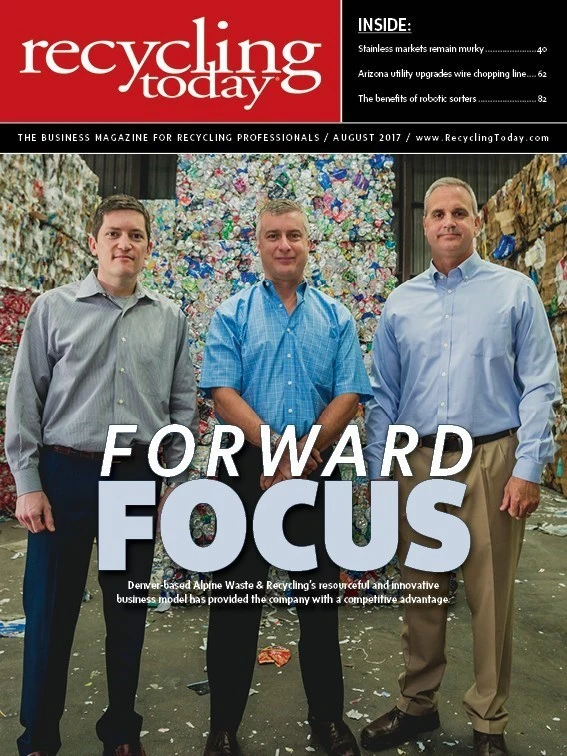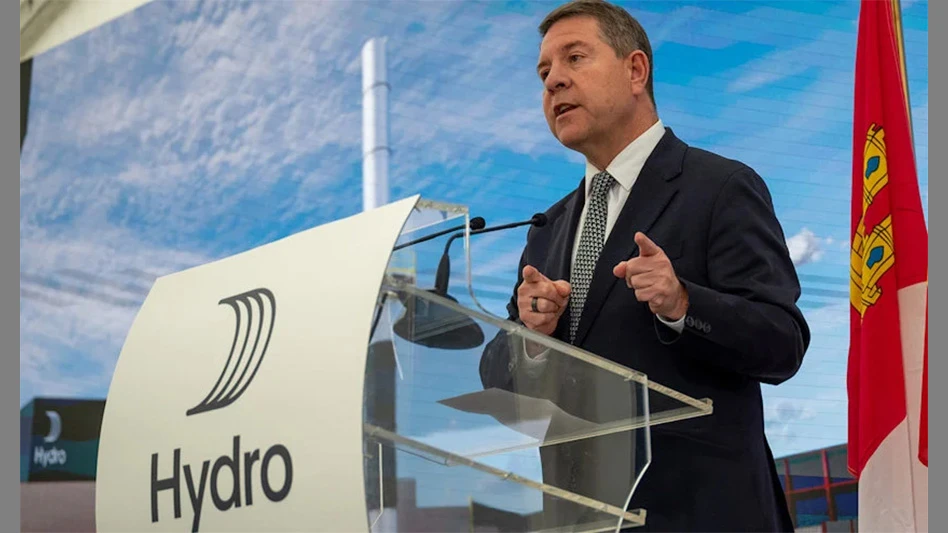Super seaport
When you’re good, you’re good. For the third consecutive year and the 19th time in the last 22 years, the Port of Long Beach has won the title “Best North American Seaport” from Asia Cargo News and the previous event organizer, CargoNews Asia. The award is given by importers, exporters and logistics and supply chain professionals. Ports are judged based on service quality, innovation, customer relations and reliability, among other factors.

“We take a lot of pride in working hard to meet the needs of our customers,” says Port of Long Beach Executive Director Mario Cordero. “It’s an honor to be recognized—we are especially proud of our commitment to providing the best service on the continent.”
As the second-busiest seaport in North America, the port moved 7.2 million TEUs (20-foot equivalent units) in 2015 and exported more than 380,000 TEUs of recovered paper and scrap plastic in 2015, which was 14 percent of its total laden container exports.
Spring into action

A recent report on mattress recycling should help some recyclers sleep better. The “State of the Mattress Recycling Industry” report, authored by Oregon-based Cascade Alliance, shows states that have passed laws requiring better stewardship of mattress recycling have created hundreds of new jobs, reduced landfill waste and saved millions of dollars in disposal costs. The Cascade Alliance says the report offers other states a roadmap to achieve similar economic, environmental and community benefits that recycling and reuse programs provide.
Since these policies took effect in 2015, the three states that passed these laws—California, Connecticut and Rhode Island—have:
- created more than 200 jobs;
- recycled 1 million mattresses;
- saved roughly 11 million cubic feet of landfill space; and
- though early in the program, Connecticut’s Department of Energy and Environmental Protection reports that Connecticut has saved municipalities $1.5 million in disposal costs since the law took effect in the state.
Bite the bullet

The military, police departments, gun stores and firearms and ammunition makers often deal with the problem of having unwanted or expired bullets on hand, according to David Spiegelman of Norwood, Massachusetts-based User-Friendly Recycling LLC.
Among the last things established recycling companies want to have on hand (or in any way commingled with other materials at their facilities), however, is live ammunition.
The dilemma spurred Spiegelman and researchers at the University of Massachusetts-Dartmouth’s Center for Innovation and Entrepreneurship (CIE), including Chen-Lu Yang and Tobias Stapleton, to build prototype devices designed to safely convert unspent bullets into recyclable metal powder and inactive gunpowder, which can be used for its chemical properties.
“We see it as a market opportunity,” says Stapleton of the prototype that the CIE eventually created. “The process developed renders the bullets inert and then separates them into components parts.”
Get curated news on YOUR industry.
Enter your email to receive our newsletters.

Explore the August 2017 Issue
Check out more from this issue and find your next story to read.
Latest from Recycling Today
- Toppoint Holdings expands chassis fleet
- Lego creates miniature tire recycling market
- Lux Research webinar examines chemical recycling timetables
- Plastics producer tracks pulse of wire recycling market
- Republic Services, Blue Polymers open Indianapolis recycling complex
- Altilium produces EV battery cells using recycled materials
- Brightmark enters subsidiaries of Indiana recycling facility into Chapter 11
- Freepoint Eco-Systems receives $50M loan for plastics recycling facility






